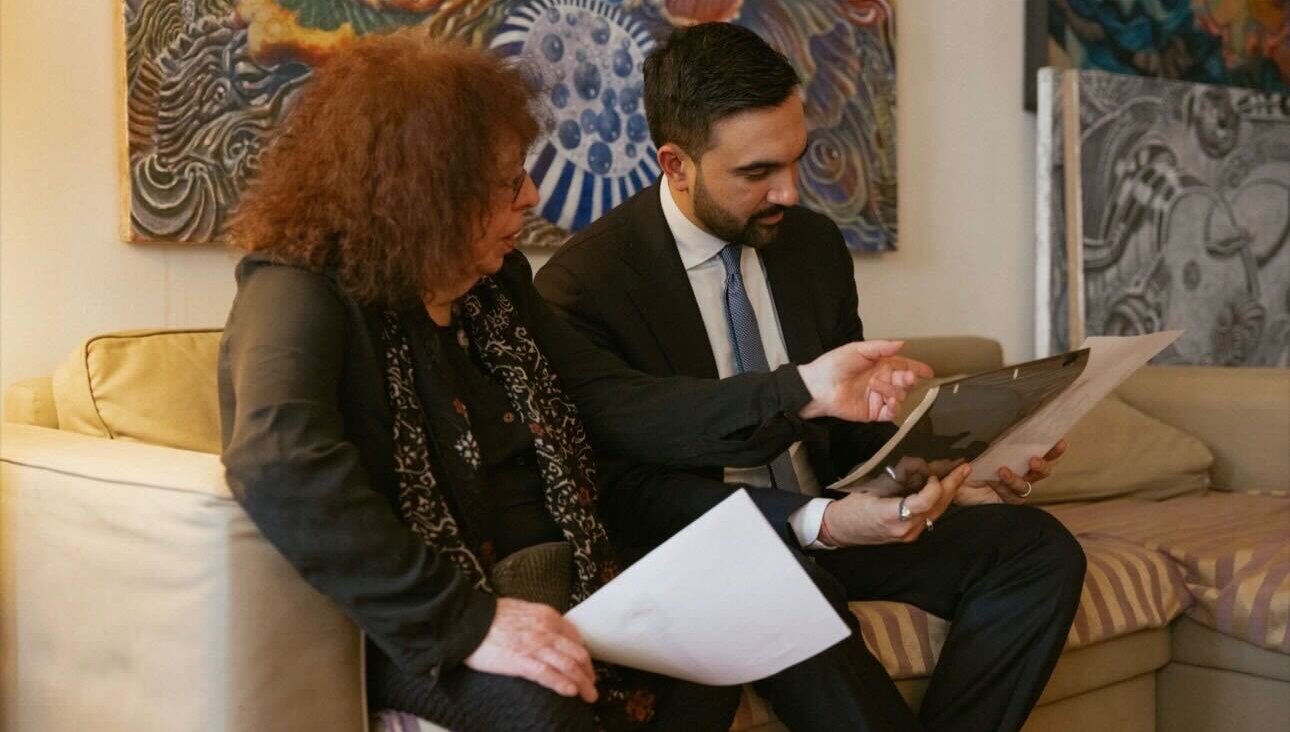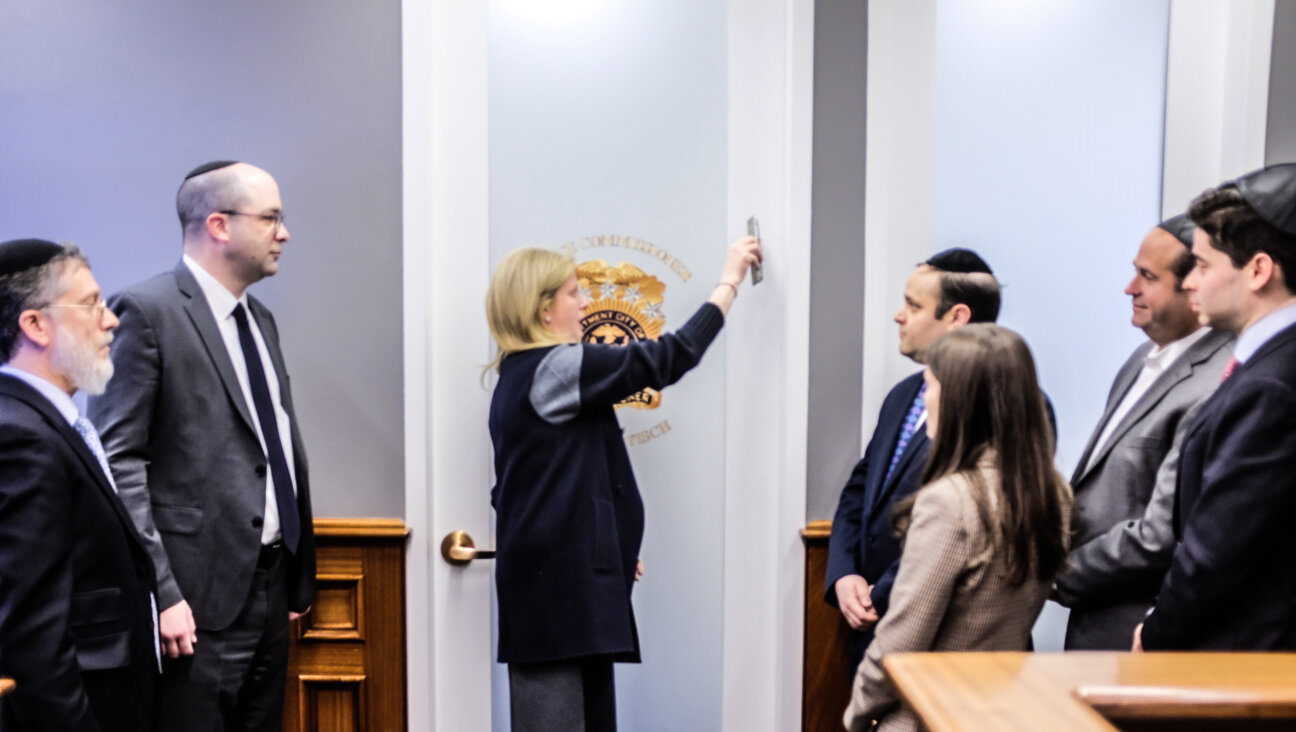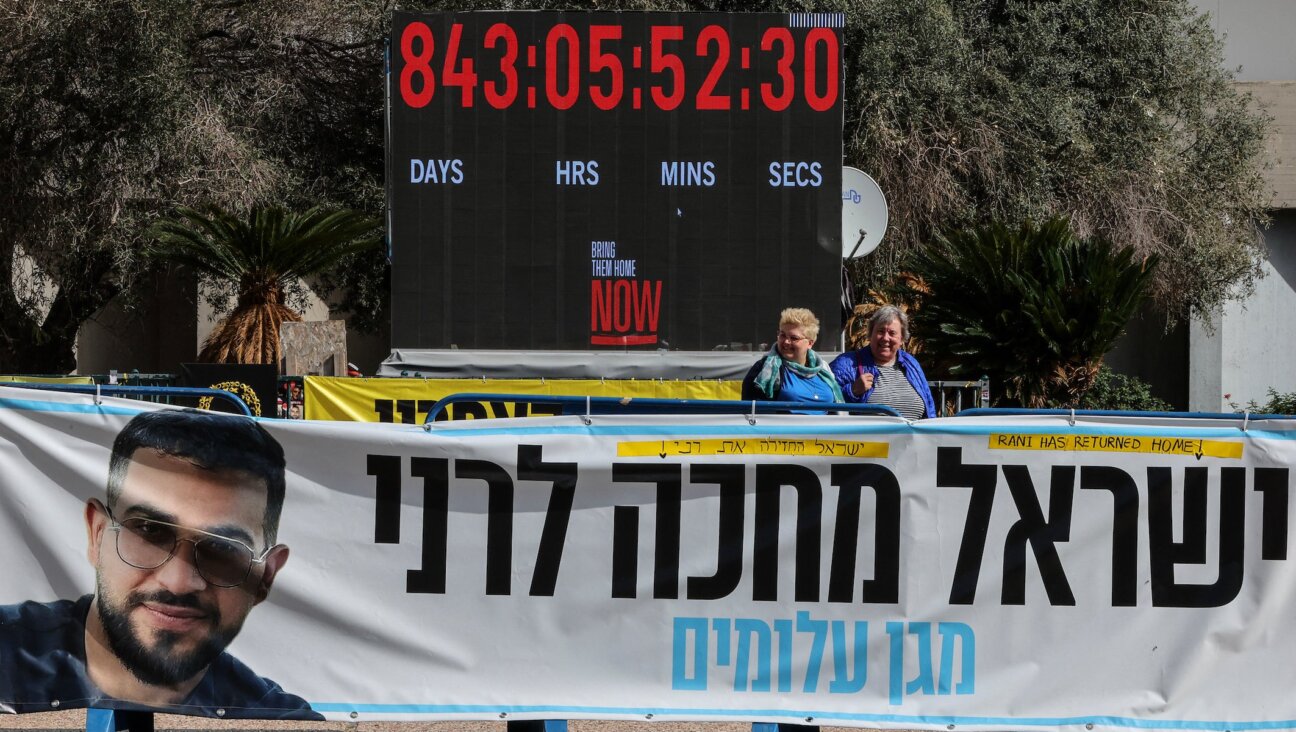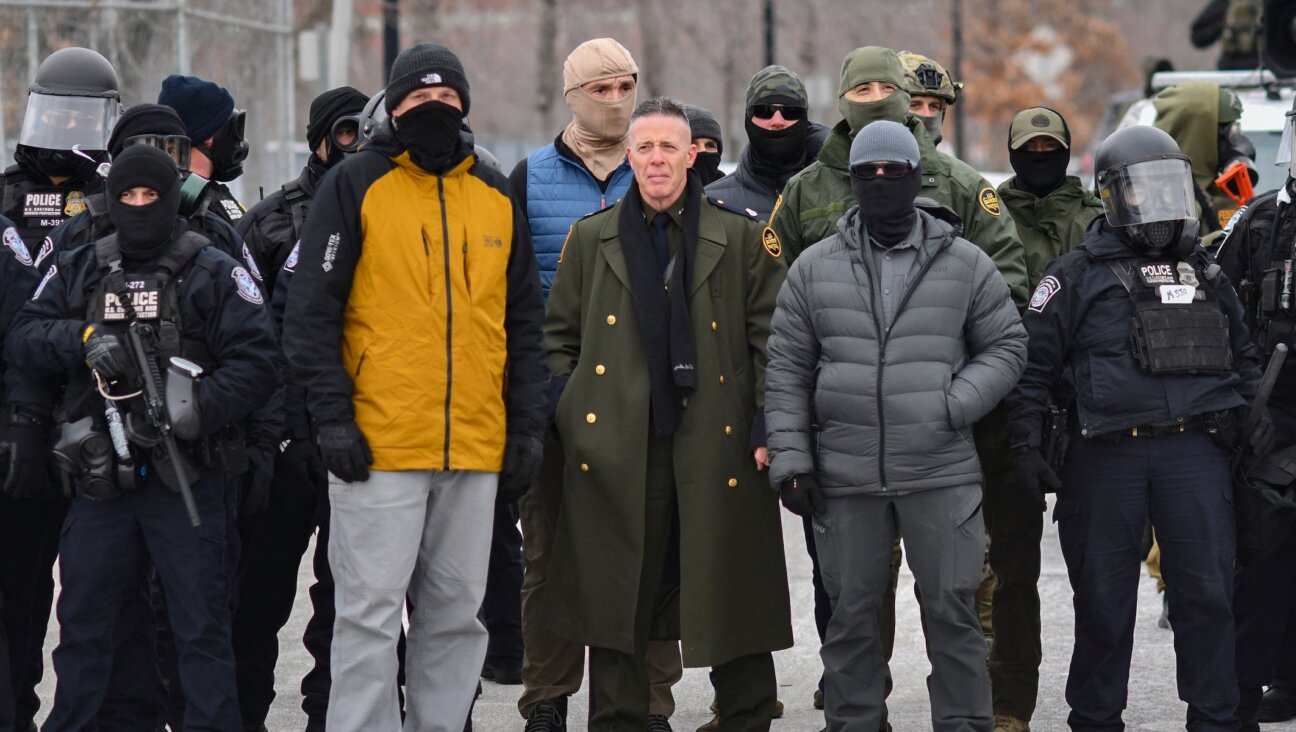Obama Grabs Big Early Voter Lead: Poll
President Barack Obama and Republican challenger Mitt Romney are neck and neck in opinion polls, but there is one area in which the incumbent appears to have a big advantage: those who have already cast their ballots.
Obama leads Romney by 59 percent to 31 percent among early voters, according to Reuters/Ipsos polling data compiled in recent weeks.
The sample size of early voters is relatively small, but the Democrat’s margin is still well above the poll’s credibility interval – a measurement of polls’ accuracy – of 10 percentage points. (full graphic: http://bit.ly/RmeEen)
With the Nov. 6 election just more than three weeks away, 7 percent of those surveyed said they had already voted either in person or by mail (full graphic: http://bit.ly/SWm5YR).
The online poll is another sign that early voting is likely to play a bigger role this year than in 2008, when roughly one in three voters cast a ballot before Election Day. Voting is already under way in some form in at least 40 states.
Both the Obama and Romney teams are urging supporters to vote as soon as possible so the campaigns can focus their door-knocking and phone-calling operations on those who are still undecided or need more prodding to get to the polls.
Early voting was a big part of Obama’s victory over Republican John McCain in 2008, and his campaign aims to repeat its success this year.
The Reuters/Ipsos poll indicates the campaign’s efforts appear to be paying off, although its advantage could erode as Election Day approaches.
The Obama campaign says it is leading among early voters in Iowa and Ohio, and trailing by a smaller margin than 2008 in several other swing states. It expects its early voting efforts will help the campaign weather a blitz of negative ads expected to saturate the airwaves in battleground states in the final weeks before Nov. 6.
“We’ve made early investments in battleground states – where we’ve been registering folks and keeping an open conversation going with undecided voters for months – to build a historic grass-roots organization that will pay off when the votes are counted,” spokesman Adam Fetcher said.
ROMNEY CAMPAIGN CITES POST-DEBATE ENTHUSIASM
The Romney campaign says it is leading or even with Obama among early voters in several closely fought battleground states, including Florida, North Carolina, Colorado, Nevada and New Hampshire. The campaign says it has seen a spike in volunteering and voter enthusiasm among Republicans since Romney’s strong debate performance against Obama on Oct. 3.
“Not only are we keeping pace with the vaunted Obama machine, but we believe our ground game will put us over the finish line on Election Day,” said Rich Beeson, the Romney campaign’s political director.
George Mason University professor Michael McDonald, an expert on early voting, said it was difficult to tell how the results so far could affect the outcome of the race.
In North Carolina and Maine, Democrats seem to be voting in higher numbers than 2008, while Republicans seem to be voting in slightly lower numbers than four years ago, he said.
In Ohio, where voters do not register by party, early voting appears to be higher than normal in both Republican and Democratic areas, McDonald said.
In Iowa, about twice as many registered Democrats as Republicans have voted by now – a potential warning sign for the Romney campaign, he said.
“Romney needs a change here. The good news for Romney is day to day, incrementally, the numbers shift in his direction, so he may be able to catch up,” McDonald said.
The accuracy of Reuters/Ipsos online polls is measured using a credibility interval. For the 6,704 people who were asked whether they had voted yet, the credibility interval was 1.3 points. For the 361 people who replied that they had already cast their ballots, the credibility interval was 10 points.
















